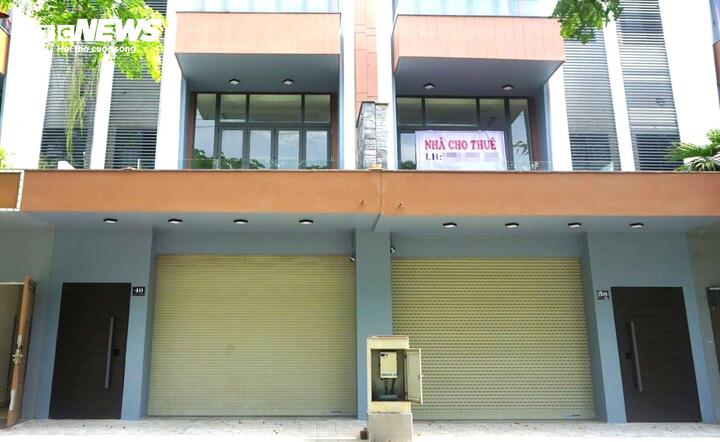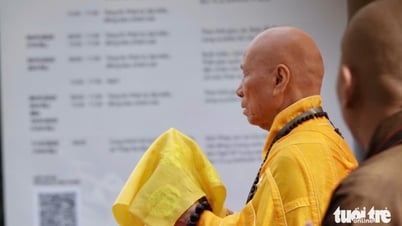According to Article 472 of the Civil Code, a property lease contract (including a house lease contract) is an agreement between the parties. The lessor transfers the property to the lessee for use within a certain period of time. A property lease contract can be expressed in many forms such as an oral contract, a written contract, and a notarized or certified contract.
Therefore, whether the landlord is jointly responsible for the tenant's illegal use of the house depends on two subjective and objective factors.
Subjective factors: If the landlord knows that the tenant is using the property for illegal purposes but still rents it out, the landlord will be jointly liable.
For example, if the tenant uses the house as a place to buy, sell, or use drugs, the landlord may be prosecuted for the crime of “Receiving and using illegal drugs”. Or if the tenant uses the house to organize gambling, the landlord may be charged with the crime of “Gambling”…

House rental is a popular business trend.
Objective factor: If the landlord does not know that the tenant is using his house to commit an illegal act, he is not criminally responsible.
For example, if a tenant uses the house to trade drugs, the tenant must take full responsibility, the landlord is not implicated.
It should be noted that in case the landlord discovers a criminal act by a tenant in the house he/she is renting, he/she needs to proactively and actively coordinate with the authorities to take timely preventive measures.
Thus, to ensure no joint liability, the landlord needs to have a written contract with clear conditions with the tenant.
Source: https://vtcnews.vn/nguoi-thue-dung-nha-vao-viec-pham-phap-chu-nha-co-bi-lien-doi-ar901555.html



![[Photo] General Secretary To Lam meets and expresses gratitude to Vietnam's Belarusian friends](https://vphoto.vietnam.vn/thumb/1200x675/vietnam/resource/IMAGE/2025/5/11/c515ee2054c54a87aa8a7cb520f2fa6e)

![[Photo] General Secretary To Lam arrives in Minsk, begins state visit to Belarus](https://vphoto.vietnam.vn/thumb/1200x675/vietnam/resource/IMAGE/2025/5/11/76602f587468437f8b5b7104495f444d)

![[Photo] General Secretary To Lam concludes visit to Russia, departs for Belarus](https://vphoto.vietnam.vn/thumb/1200x675/vietnam/resource/IMAGE/2025/5/11/0acf1081a95e4b1d9886c67fdafd95ed)





























![[Photo] National Assembly Chairman Tran Thanh Man attends the Party Congress of the Committee for Culture and Social Affairs](https://vphoto.vietnam.vn/thumb/1200x675/vietnam/resource/IMAGE/2025/5/11/f5ed02beb9404bca998a08b34ef255a6)




























































Comment (0)